Making Mistakes – How Important is Psychological Safety?
As employees and members of society, we sometimes remain silent when we know that we should speak up.
We see a project, process, or person veering towards disaster and know that we should intervene, share our ideas, or contribute in some way – yet we stay silent.
Perhaps this is because we fear the consequences or repercussions that might follow if we do speak.
Perhaps we are concerned that our ideas won’t be taken seriously, without criticism. That speaking up – and getting it wrong – might be held against us.
Perhaps we know that if we speak up, we’ll be forced to become involved in finding a solution, so staying silent seems to be the path of least resistance.
Whatever the reason, silence often occurs (particularly in the workplace) when speaking up is most necessary.
Research shows that we hold back on contributing when it does not feel safe to do so.
When we feel that the benefits of silence outweigh the benefits of speaking up – or, as Harvard Professor Amy Edmondson believes when we don’t feel ‘psychologically safe’.
Edmondson defines psychological safety as the ‘belief that one will not be punished or humiliated for speaking up with ideas, questions, concerns or mistakes’.
We feel psychologically safe when our team or environment supports risk-taking and is a place where we can show ourselves without fear of negative consequences for our self-image, status, or career. More simply, where we feel comfortable being – and expressing – ourselves.
Building psychological safety in your team or environment has many benefits.
Feeling safe means that we’re more likely to take risks that lead to market breakthroughs, innovate, implement diverse ideas and drive performance. We’re also more likely to be creative.
If we’re encouraged to express ourselves without fear of failure or retribution, we’re more likely to have a shared purpose and identity and remain open to learning.
All of this may lead to higher levels of engagement and longer tenure.
As leaders, how can we build psychological safety in our teams?
Edmondson says that it’s as simple as focusing on 3 key areas…
Framework correctly.
Be clear that you don’t have all of the answers and will need help from the team to solve problems or get work completed along the way.
Set work up as a learning – and not an execution – a problem so that the team is clear that there are areas of uncertainty that require input from everyone.
Or, as Edmondson says, we need everyone’s head in the game.
Acknowledge your own fallibility.
We all make mistakes. As leaders, acknowledging our mistakes creates a climate of openness, where mistakes are allowed. Encourage the team to speak up by saying straightforward things like ‘I may miss something and need your input’.
Model curiosity.
Questions encourage a learning mindset – and make speaking up necessary.
As leaders, we need to ask questions – and listen to the answers.
Other ways to build psychological safety include:
Always speak human to human.
Sometimes, we lose sight of the fact that we’re all human – with universal needs like respect, competence, status and autonomy. A simple way to get this right – and to encourage communication – is to remember that we’re all ‘Just Like Me’ – people with beliefs, hopes, anxieties and vulnerabilities ‘just like me’.
Create team rules.
And confront unreasonable behavior early.
Be accessible.
Autonomy is important - but your team still needs to know that you’re always available to answer questions, provide guidance and help – no matter how trivial. Be the safety net – if they need one.
Finally, model accountability.
Excellence isn’t achieved purely through psychological safety.
Psychological safety is about letting up on the brakes. Without accountability – or your foot on the gas – everyone is in a comfort zone, where no-one excels.
As leaders, we need to have – and expect – accountability for excellence to blossom.
Focus on creating an environment where your people feel safe making mistakes – and are accountable – and I’ll show you an environment where excellence is possible.
‘Mistakes are the pathway to great ideas and innovation. Mistakes are the stepping stones to moving outside the comfort zone to the growing zone where new discoveries are made and great lessons are learned.’










